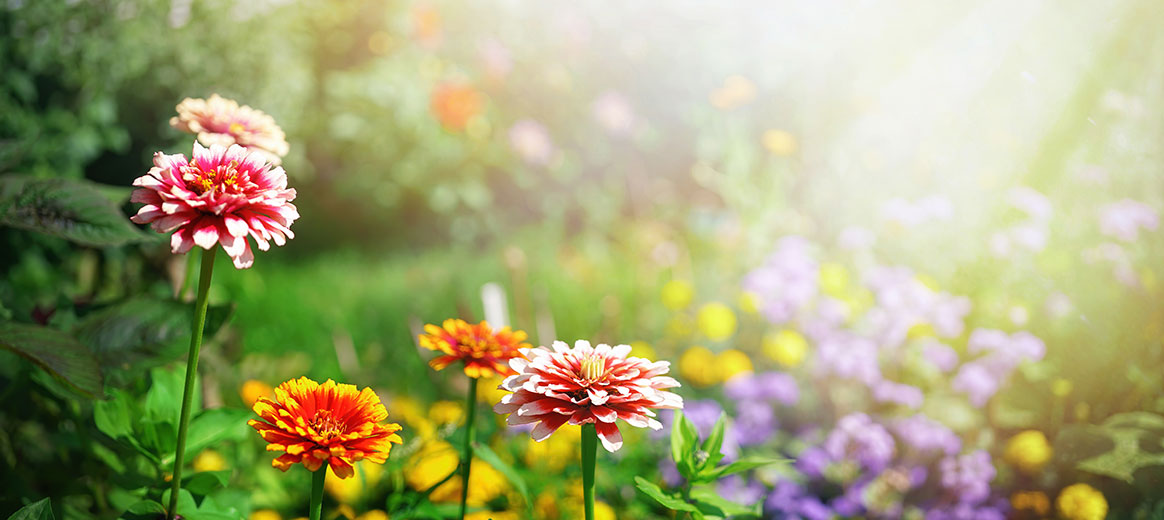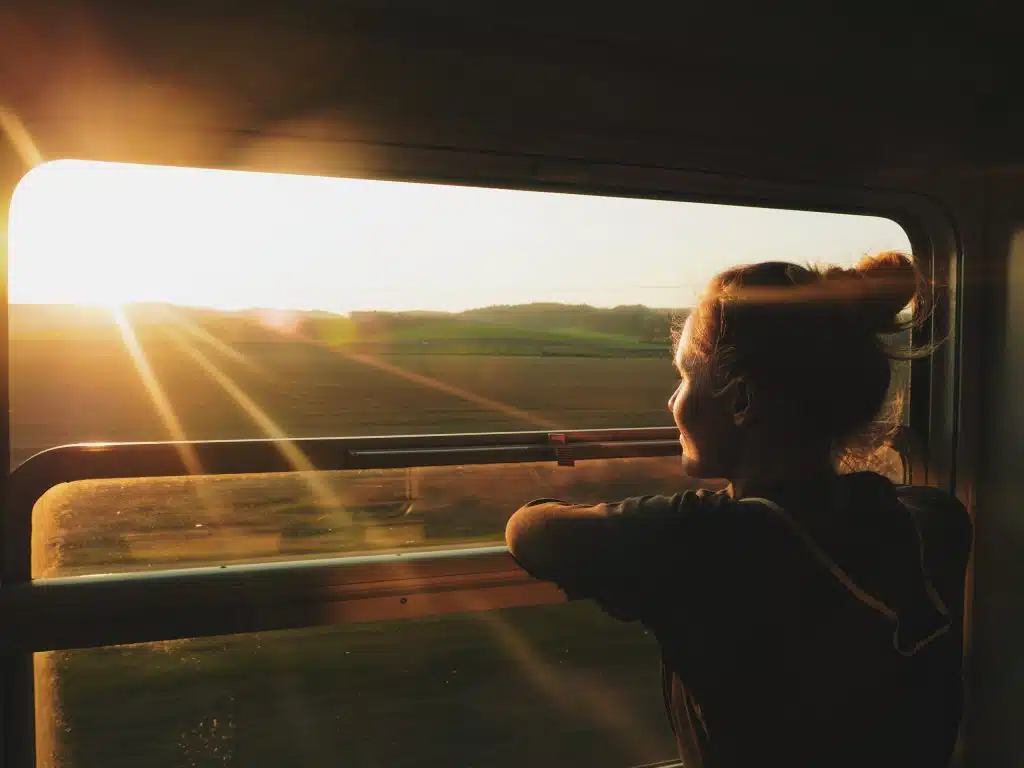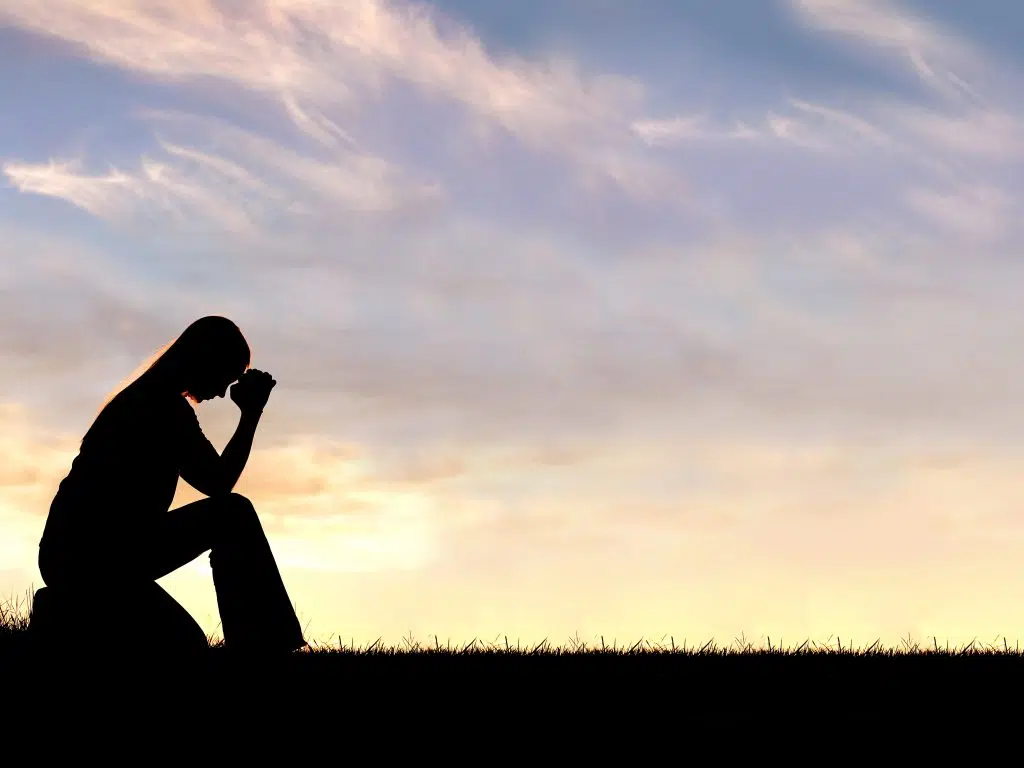Our post-Christmas, 12-hour family road trip to Chicago was otherworldly. Unmitigated greyness. It rained, sleeted and snowed all the way. In one section of untreated Pennsylvania road, I felt our minivan lurch toward the ditch, and then regain traction.
A retired Coast Guard commander and friend often speaks of “taking a fix” or “sighting the sun,” what you do to get your bearings at sea throughout the day. That wasn’t possible.
As I drove, I recalled the scene painted by Cormac McCarthy, whose novel “The Road” depicts a harrowing father-son journey across a post-apocalyptic landscape: In that world of “ashen daylight” the color of “gunmetal,” the days are “more gray each one than what had gone before … . By day the banished sun circles the earth like a grieving mother with a lamp.”
Discerning God’s will and drafting a new slate of resolutions in this gunmetal-gray season seems a bit like this.
Omicron and other Greek letters tirelessly advance, prices rise, political crises fester, shelves suddenly thin out, and the road ahead seems obscured by a new fogbank. A recent news story entitled “three in five Americans more exhausted now than ever in their lives” sounded about right.
What to do in this new year, when taking a fix is so hard? What to improve, when sighting the sun seems impossible? What to change, when everything else seems to be changing so fast?
“The duty of the moment is what you should be doing at any given time, in whatever place God has put you,” wrote Servant of God Catherine de Hueck Doherty (1896-1985).
Ouch. I was reminded of Doherty around the New Year while catching up with a friend, John Romanowsky, who heads up the St. Therese Institute of Faith and Mission in Saskatchewan, Canada.
“I’ve been taking to heart one of the central tenets of the spirituality our students are taught,” John told me. “We find God’s will in the ‘duty of the moment,’ no matter what it is. It is a call to trust in each moment — and leave tomorrow to him.” Even as the institute endures yet another wave of COVID-19,
John’s application of Doherty was as bracing as I imagine the Saskatchewan winter to be.
If I reflect deeply on my duties and the place God has put me — in my marriage, family, work and community — I know without a doubt that I have, shall we say, room to grow. How often, facing my “duty of the moment,” do I turn my attention to something new and shiny, outside the pressing arena of duty. Taking Doherty’s dictum to my resolutions is like watching a demolition: so many of my self-styled goals do not meet the basic threshold of duty. And so, they must go.
“Mostly he worried about their shoes,” McCarthy writes of the novel’s protagonist-father, who leads his son on foot across the cold, relentless miles. “That and food. Always food.” The father and son, “each the other’s world entire,” are held together by love.
Maybe this is what the road looked like for many of the saints who have gone before us. They woke up each morning, loved God — “their world entire”— in the duty of the moment and the place God had put them, and left tomorrow to him. Bereft of the comforts we take for granted, they probably thought a lot about shoes and food.
“The revelation of the present moment is an ever freshly springing source of sanctity,” wrote French Jesuit and writer Father Jean Pierre de Caussade (1675-1751). “The present moment is the manifestation of God.”
No matter how grey the days and dense the fog, I know that my duty and place are ever-fresh springs, abounding with revelations. I know the ashen temptations that invite me to squander the present moment. And I know that every time I have entrusted tomorrow to God, he has been faithful.
Johnson and his wife, Ever, are cofounders of trinityhousecommunity.org.



